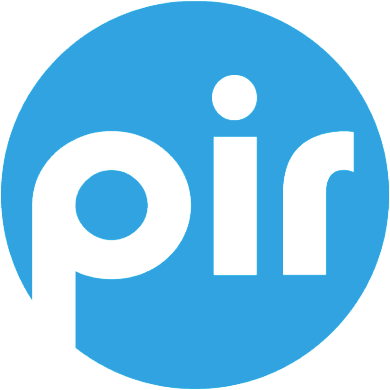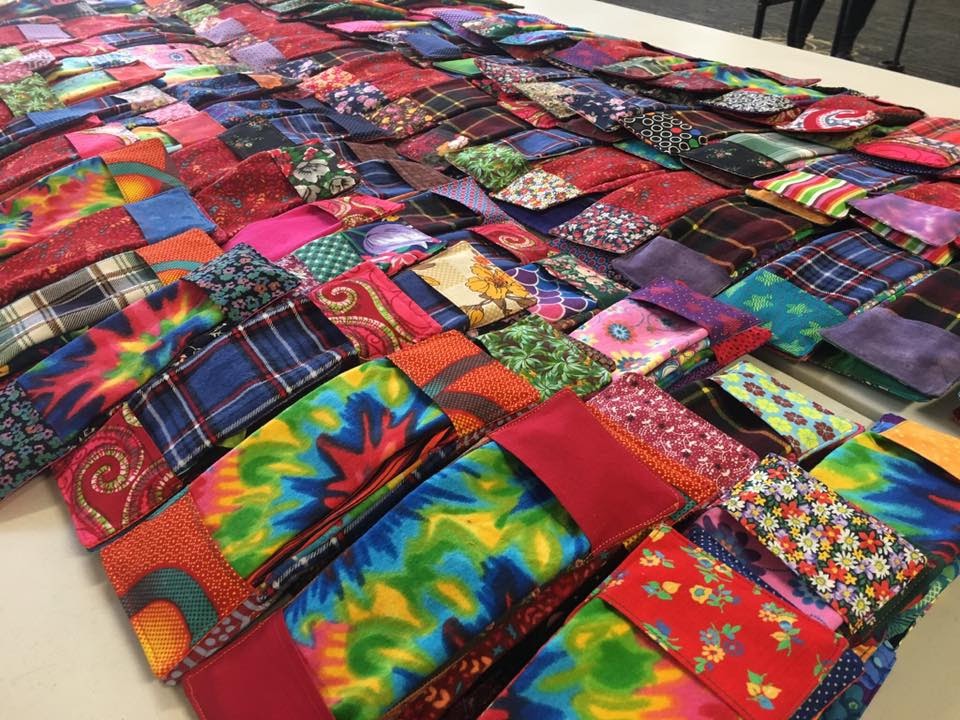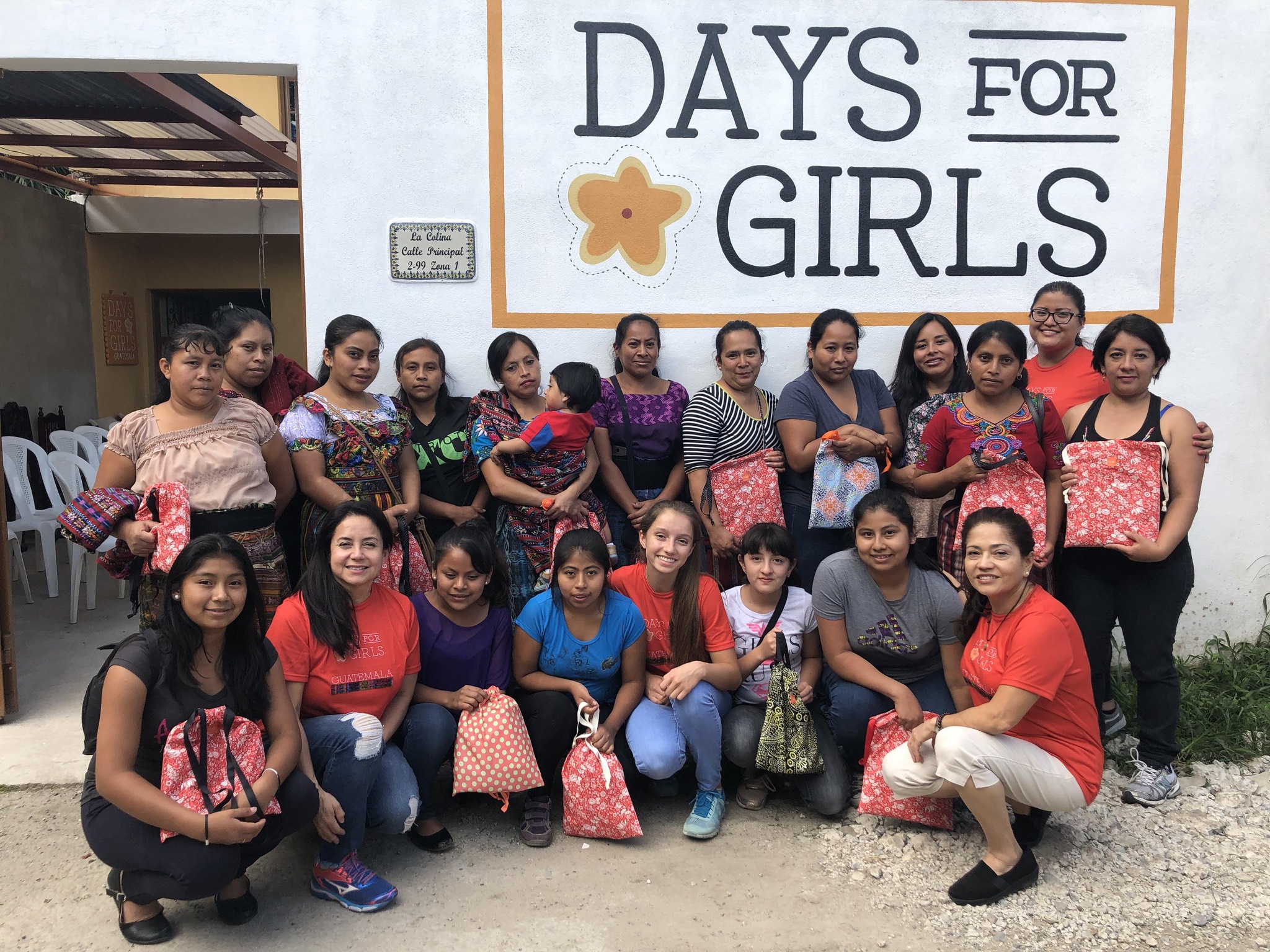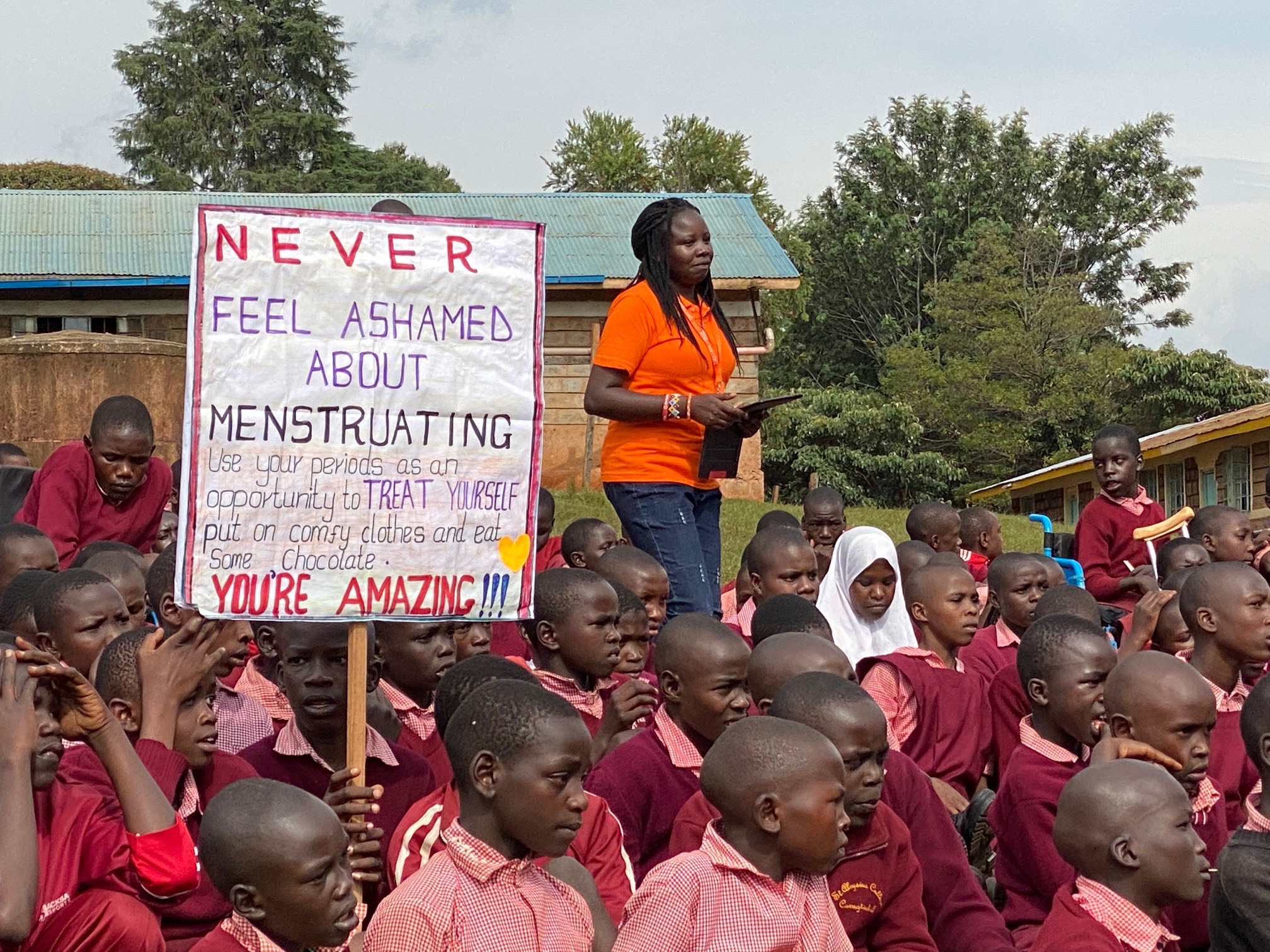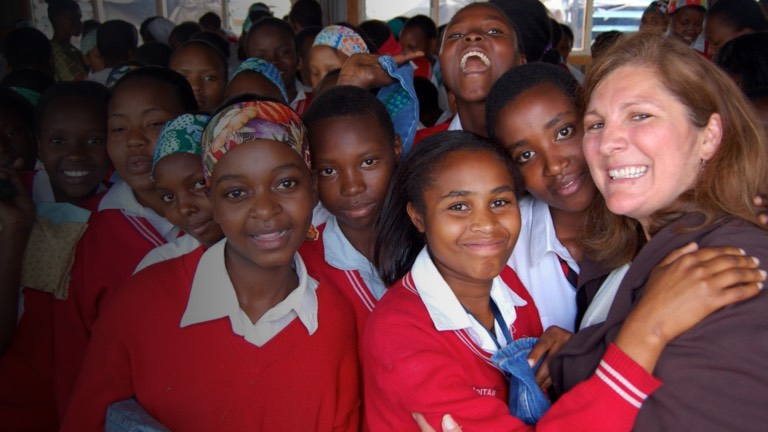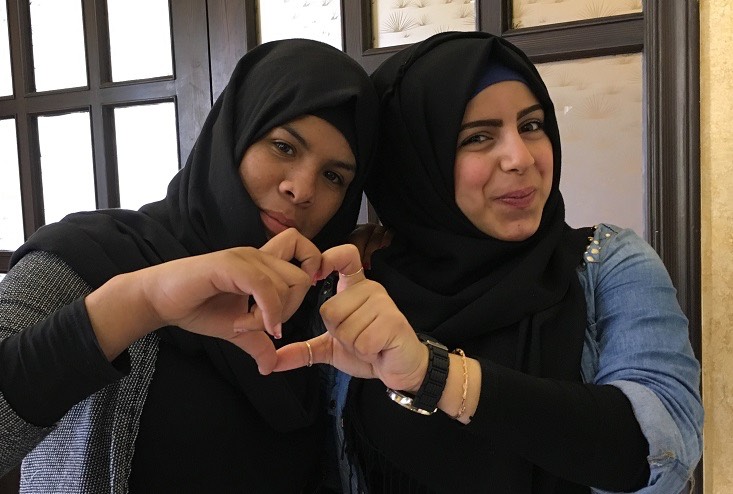Eradicating Menstrual Poverty
What if the most basic function of your body was the reason for your separation from school, family, and society? For many young women around the world, a period serves as much more than an inconvenience. It prevents them from living full, meaningful lives. Girls for Days (DfG) Founder and CEO Celeste Mergens learned about this issue while working at an orphanage in Nairobi.
“I was aware of poverty, but I was unaware of menstrual poverty. Girls were sitting on cardboard, alone in their rooms for days on end, because they lacked the resources to address their menstrual health.”
When Mergens came to understand that some girls not only lacked supplies but also were sexually exploited in return for access to them, she knew something must be done. All girls have a right to menstrual health—period. So, Celeste and her team came up with a solution—a washable, long-lasting, reusable pad, designed to meet cultural and environmental conditions in communities around the world.
“In many cultures, menstruation is considered a curse. Wives and daughters are isolated during their periods, sometimes in sheds, huts or crawl spaces beneath the home. But, through advocacy and education, we shift that mindset and make change happen,” Mergens says.
What began as a small group of volunteers envisioning, iterating, sewing, and assembling kits has grown into a network of chapters, teams, and clubs—of all races, religions, and backgrounds—working to get supplies and educational materials into the hands of those who need them. It took 30 iterations to get the pads right. And they did it: each DfG POD (Portable Object of Dignity) is designed in bright colors and cheerful patterns, and they unfold to look like washcloths, so they can be washed and dried in the sun without embarrassment.
This might have been enough of a revolution for women and girls around the world who are deemed “untouchable” during their periods each month, made to live away from their families, at risk for exposure and snake bites. But it wasn’t enough for DfG.
They wanted to foster female entrepreneurship and leadership, too. “DfG Enterprises are groups of local women trained to produce and sell kits locally and provide women’s health education,” says DfG Senior Development Officer Sandy Clark. “This encourages greater financial security while reducing shame and stigma within communities.” Today, DfG’s global operation of 15 staff members, 70,000 volunteers, 150 enterprises, and 1000 chapter and teams across 144 nations on six (6) continents adds up to two (2) million women and girls regularly experiencing shame-free and sanitary menstrual cycles.
When the COVID-19 pandemic hit in early 2020, DfG applied their ingenuity to help with another worldwide problem—access to PPE. They realized that their volunteers and enterprises, in addition to creating DfG kits, could pivot to making and distributing masks for their communities. They have supplied and continue to supply masks to clinics, assisted living facilities, and frontline workers around the world, including an entire U.S. Navy ship. This is the kind of grassroots, on-the-ground change that DfG is known for and, no doubt, why they are the much-deserved winners of the 2020 PIR .ORG Impact Awards .ORG of the Year and Combatting Coronavirus awards.
What began with a recognized need by Mergens has become a global movement. Creating a website was crucial to their worldwide success, says Mergens, who created the first one herself, choosing the .ORG domain. “It’s an important identifier in getting our mission done,” she says. “There’s an instant understanding that our purpose is to help.”
To learn more about Days for Girls, go to www.daysforgirls.org.
